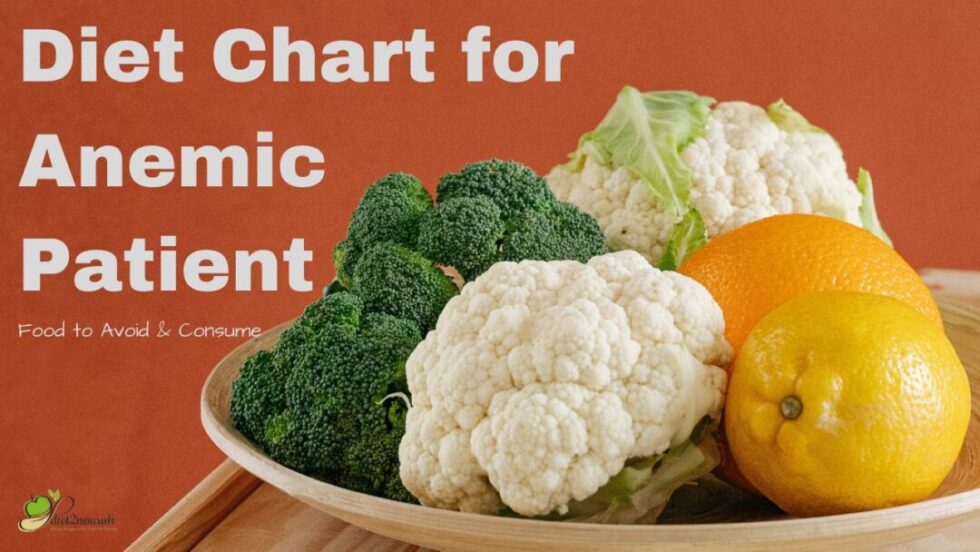Anemia is a condition in which there is a lack of healthy red blood cells in the body. These red blood cells are responsible for carrying oxygen to the body's tissues, and a shortage of them can lead to fatigue, weakness, and other symptoms. For anemic patients, following a healthy, nutrient-rich diet can be an important part of managing their condition and improving their overall health.
One of the key nutrients that anemic patients need to focus on is iron. Iron is an essential mineral that is needed to produce hemoglobin, a protein in red blood cells that carries oxygen to the body's tissues. Foods that are rich in iron include red meat, poultry, fish, beans, lentils, tofu, fortified cereals, and dark leafy greens like spinach and kale. Anemic patients should aim to include these foods in their diet on a regular basis to help boost their iron levels.
In addition to iron, anemic patients also need to pay attention to their vitamin B12 and folate levels. Both of these vitamins are important for the production of healthy red blood cells. Foods that are rich in vitamin B12 include meat, fish, eggs, and dairy products. For those who follow a vegan or vegetarian diet, fortified plant-based milks, cereals, and nutritional yeast can be good sources of vitamin B12. Folate is found in green leafy vegetables, beans, lentils, citrus fruits, and fortified grains.
It is important for anemic patients to also include foods that enhance iron absorption in their diet. These include foods that are rich in vitamin C, such as citrus fruits, berries, tomatoes, and peppers. Vitamin C helps the body absorb iron from plant-based sources, so including these foods alongside iron-rich plant foods can help boost iron absorption.
On the other hand, some foods can inhibit iron absorption and should be consumed in moderation. These include tea, coffee, and dairy products. Phytates, which are found in whole grains and legumes, can also bind to iron and reduce its absorption. Soaking, sprouting, and fermenting these foods can help reduce their phytate content and improve iron absorption.
In addition to these specific nutrients, anemic patients should aim to follow a well-rounded, balanced diet that includes plenty of fruits, vegetables, whole grains, and lean proteins. This can help ensure that they are getting a wide range of nutrients that are important for overall health and well-being. It is also important for anemic patients to stay hydrated and to avoid alcohol and tobacco, which can have negative effects on the body's ability to produce healthy red blood cells.
A sample anemic patient anemia diet chart might include:
In summary, anemic patients can benefit from a diet that is rich in iron, vitamin B12, and folate, and that includes foods that enhance iron absorption. A well-rounded, balanced diet that includes plenty of fruits, vegetables, whole grains, and lean proteins is also important for overall health and well-being. Working with a registered dietitian or healthcare provider can help anemic patients develop a personalized nutrition plan that meets their individual needs and preferences.
